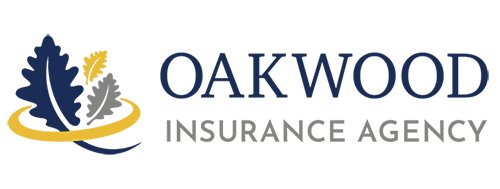Insurance For My Small Business
Introduction
Your small business is important to you, and it should be protected. That’s where insurance comes in. If you’re like most small-business owners, you probably already have some insurance. But maybe your current policy doesn’t cover everything your business needs—or maybe it does but at a price that’s simply too high for your budget right now. You may not even realize how much insurance could help protect your business when disaster strikes, or a major event occurs that threatens its well-being or financial stability.
Commercial property insurance
Commercial property insurance covers the cost of replacing your building and its contents in the event of damage or loss, as well as protecting against theft. This type of cover is particularly important if you are renting or leasing space for your business.
Commercial liability insurance
Liability insurance protects your business from claims arising out of your premises and operations. Coverage can include:
- Bodily injury
- Property damage
- Personal injury
- Professional liability
- Employment liability
- Cyber breach
Business interruption insurance
Business interruption insurance provides compensation for lost profits and other costs associated with the temporary closure of a company due to a covered event such as a fire or flood. The coverage can also include additional expenses like relocation costs and legal fees if someone files suit against you for damages caused by the event that led to your business being shut down temporarily.
Commercial auto insurance
Commercial auto insurance is a type of business insurance that covers your fleet. If you own a business, chances are you have employees who drive company cars to and from work. Commercial auto insurance is designed for these vehicles, so if one gets damaged or stolen, there will be no out-of-pocket costs for the owner. The coverage includes:
- Bodily injury liability coverage
- Property damage liability coverage (PDL)
- Comprehensive and collision coverage
Make sure to check with your agent about deductibles, limits, and other details before signing up for commercial car insurance in order to get the best rates possible!
Workers’ compensation insurance
Workers’ compensation insurance is a state-mandated insurance policy that protects you from injuries and illnesses sustained by your employees on the job. This coverage pays for medical bills, lost wages, and other costs associated with these injuries and illnesses. It also applies to death benefits for dependents of deceased workers who have been covered under workers’ comp.
In conclusion, it’s important to remember that your business needs to be properly insured. Make sure you have the right coverage for your company, and don’t forget about things like workers’ compensation or employment practices liability insurance!

